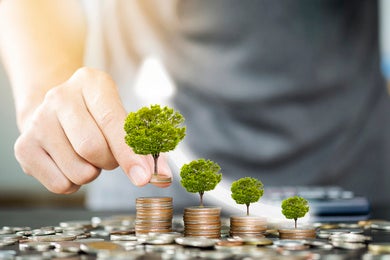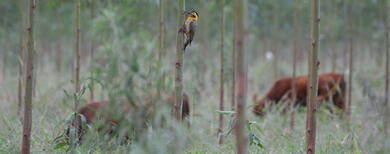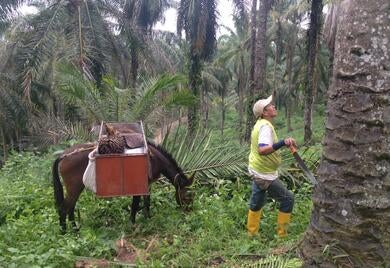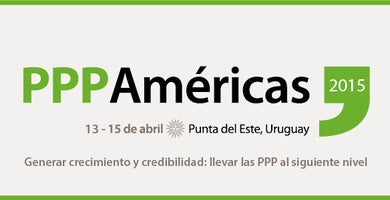It’s All in the Family: A Conversation with One of the Netherland’s Leading Impact Investors
What do family values have to do with impact investing? A lot if you are talking about Oikocredit, a Netherlands-based international cooperative that has successfully contributed to a thriving impact investing ecosystem in its home country. Comprised of member churches, foundations, support associations, and other like-minded organizations, Oikocredit has a robust network of more than 800 partners, €801 million in total assets, and €611 million in outstanding capital. A partner of the IDB since 2010, Oikocredit first participated in the IDB’s syndicated loan program when it joined B lenders, Blue Orchard S.A. and Calvert Foundation, to provide a $36 million loan to Mibanco to increase microfinancing to women entrepreneurs in Peru. We recently talked to Guillermo Salcedo, Deputy Director Loans & Investments, about Oikocredit’s mission and focus on fostering a dynamic investment environment in Latin America and the Caribbean.





